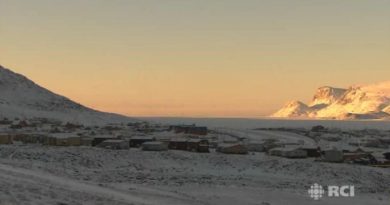Nunavut election saw one of the lowest voter turnouts in territory’s history
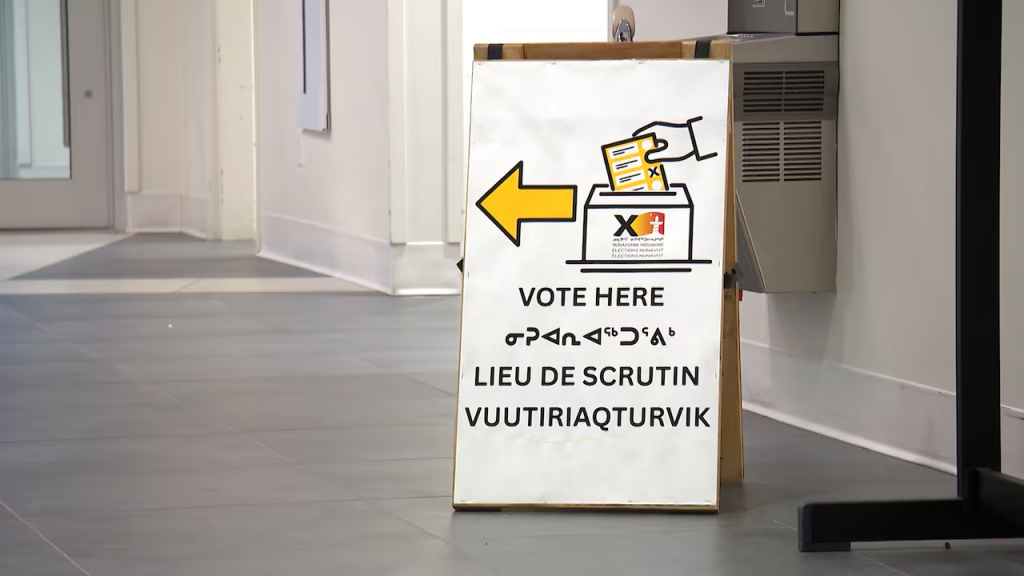
Turnout in Nunavut elections has been in steady decline since 1999
As victory sets in for Nunavut’s newly-elected MLAs, it’s clear the outcome could’ve been very different if more people voted.
Nunavut Elections data shows voter turnout in Monday’s territorial election was just 48 per cent, on par with the 2021 election which saw the lowest in the territory’s election history.
Out of the 17,063 people registered to vote in this election, Elections Nunavut results show 8,190 of them cast ballots.
Voter turnout in Nunavut elections has been in steady decline since the territory was created in 1999 amid much hope — though it’s not clear why.
Nunavut’s chief electoral officer, Kiran Situt, was not available for an interview.
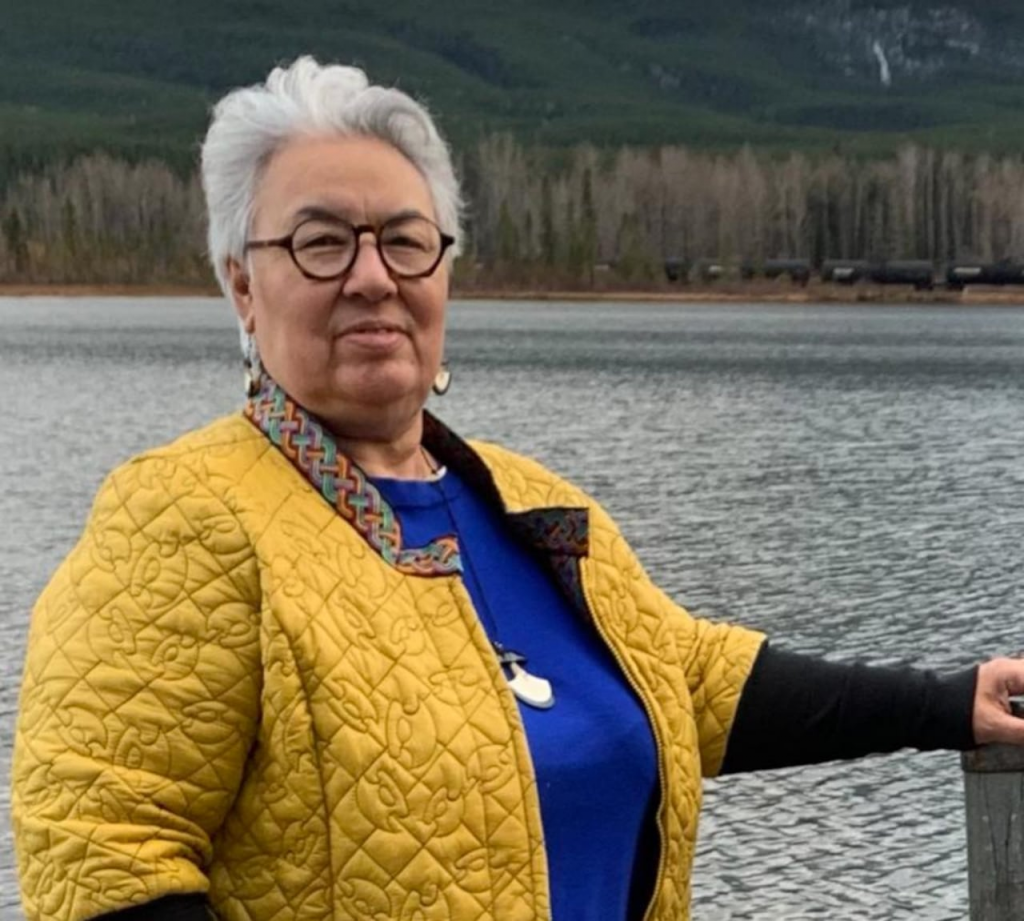
One of Elections Nunavut’s mandates, according to its website, is to promote voter participation.
Some candidates offered rides to polling stations to encourage voter participation.
Manitok Thompson was a member of the Northwest Territories legislature prior to the creation of Nunavut and was elected to the new territory’s first legislative assembly where she served for five years.
She remembers the early enthusiasm.
“Everybody was just so excited to be part of it and then it started to go down,” she said.
Thompson says she heard people say they weren’t going to vote in this year’s election because of a lack of action by the territorial government.
“It’s very discouraging and that’s why I think people are not interested to go out to vote — because the food prices have not gone down, the housing [wait]list is still the same no matter who they vote for.”
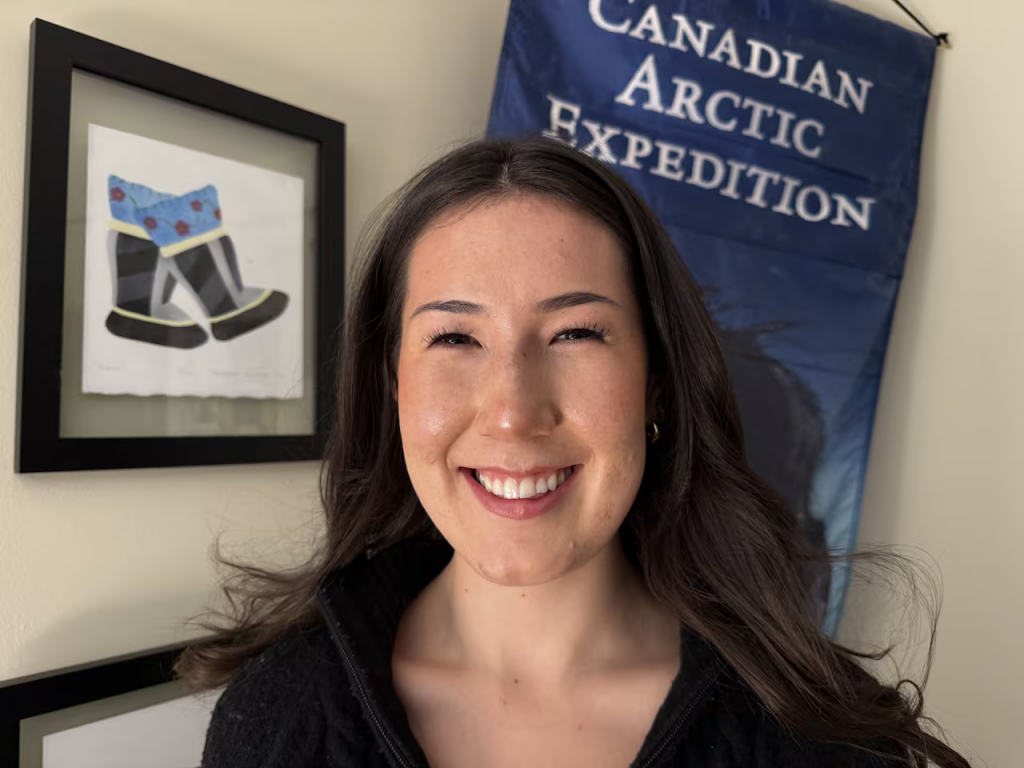
Elisapee Sheutiapik, another former Nunavut MLA, believes voter apathy comes down to broken promises. For example, she points to missed deadlines with the territory’s housing strategy.
The Nunavut government launched its Nunavut 3,000 strategy in 2022 to address the territory’s housing crisis. Part of that strategy is to build 3,000 homes by 2030.
But a 2025 report by the auditor general of Canada found the territorial government had not clearly communicated its progress, and also counted 221 units among its completed units when those had actually been built before the strategy’s launch.
“We talk about why there’s a low turnout, I think it’s because of these broken promises. There’s this big drive for housing right now, but it’s not being met and hopefully it’ll change with this government,” Sheutiapik said.
Importance of the youth vote
About half of Nunavut’s population is under the age of 25, meaning younger voters can have a significant impact on election results.
Aggiu Dimitruk, a student from Cambridge Bay who’s in her second year with Nunavut Sivuniksavut (NS) in Ottawa, says it’s important for young people to vote.
“I think just because I have an opinion on how I want things to be. I feel like I can’t really fully expand on my opinion if I don’t have a say in who I vote for and why I vote for them,” she said.
NS teaches Inuit youth about their land claim in the Nunavut Agreement, their culture, language and history and also about the territory’s politics.
Before I was kind of like, upset, because of how slow things would take to be done,” Dimitruk said about government policies on mental health, education and housing.
Now, she says she has a better understanding of the process and that she thinks Inuit should be taught about how policies work, too.
Another NS student, 19-year-old Alia Aglukkaq from Gjoa Haven, also lists housing and mental health as top priorities the next legislative assembly should focus on.
“They need to have more culturally appropriate healing journeys and addiction support, mental health resources,” Aglukkaq said. “And when somebody is going through a mental health crisis, they have to be sent away from home in order to better themselves. So that’s pretty heartbreaking to see all over Nunavut and in Gjoa Haven.”
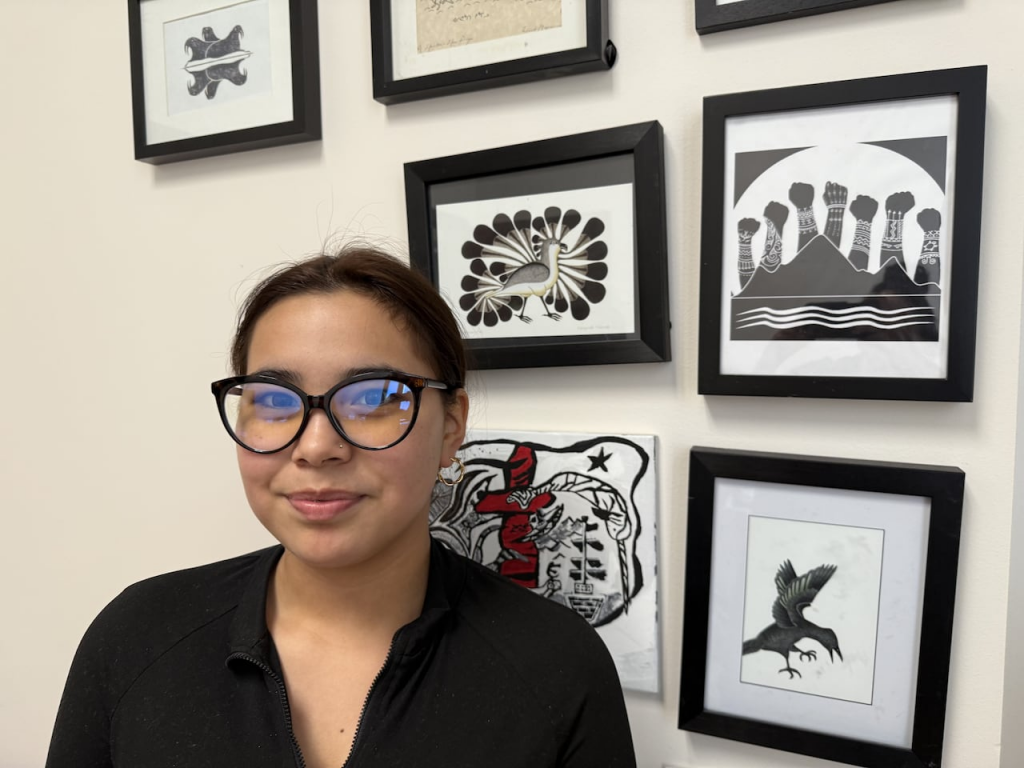
She says voting in elections is important because it’s not about picking names, but rather about choosing someone who will voice concerns for their community.
NS recently celebrated its 40th anniversary, graduating around 700 Inuit from across the territory. Many graduates are sought after to work for Inuit organizations or the territorial government.
Manitok Thompson says the program’s success proves it needs to be taught in Nunavut communities.
“Maybe we will get young people who have a fire and a passion to help Inuit. We need to start with the youth, get them interested in politics,” she said.
The territory’s next Speaker, premier and cabinet ministers will be chosen at a leadership forum in Iqaluit on Nov. 18.
Related stories from around the North:
Canada: Canadian Inuit leaders call for northern infrastructure focus ahead of federal budget, Eye on the Arctic
Norway: Norway, UK team up to protect subsea infrastructure against Russian hybrid attacks, The Independent Barents Observer
Russia: Putin in Arkhangelsk: Arctic industry and infrastructure on agenda, The Independent Barents Observer

